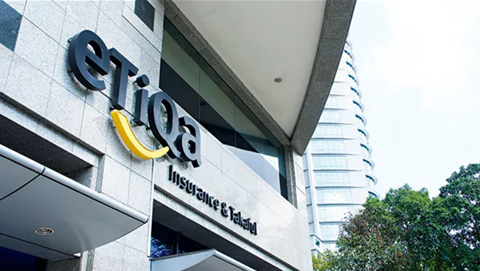Singapore has proposed a new shared responsibility framework (SRF) that directs financial institutions (FIs) and telecommunication companies in the country to compensate their customers affected by phishing scams if they fail to implement the necessary anti-scam measures.
These measures under the proposed framework include banks sending outgoing transaction alerts to customers, telcos implementing scam filters for SMS and strictly maintaining standards of anti-scam controls.
The Monetary Authority of Singapore (MAS) and Infocomm Media Development Authority (IMDA) have put forth proposals in a consultation paper on how losses from scams will be shared between companies and consumers.
The proposed framework was first announced in February 2022 after 790 OCBC bank customers lost a combined S$13.7 million to scammers.
MAS had then said that it would publish a draft framework for public consultation in three months but agreed the process has taken “longer than expected” due to several complexities.
The government in the consultation paper said, "it recognises that responsibility for preventing scams should not lie solely with consumers but also with industry stakeholders."
FIs and telcos involved in the digital banking and digital payments ecosystem are held answerable to regulators if they fail to implement the necessary anti-scam measures.
If both the financial institution and telco have fulfilled their duties, the SRF will not require payouts to be made to consumers.
“It is therefore critical for consumers to continue to exercise vigilance at all times and not click on any unsolicited, suspicious links,” MAS said in a release.
MAS has also clarified that the SRF will not cover malware-enabled scams (malware scams).
"Although malware scams also result in unauthorised transactions which could undermine confidence in digital banking, this type of scam is relatively new, and it is premature to set out specific malware scam-related duties at this stage given that these risk-mitigating measures are still developing."
However, there is currently no framework for entities to be directly accountable to consumers who have suffered scam losses due to lapses by the said entities.
The SRF, planned to be operationalised next year, hopes to provide a more "expedient channel" for consumer recourse.










